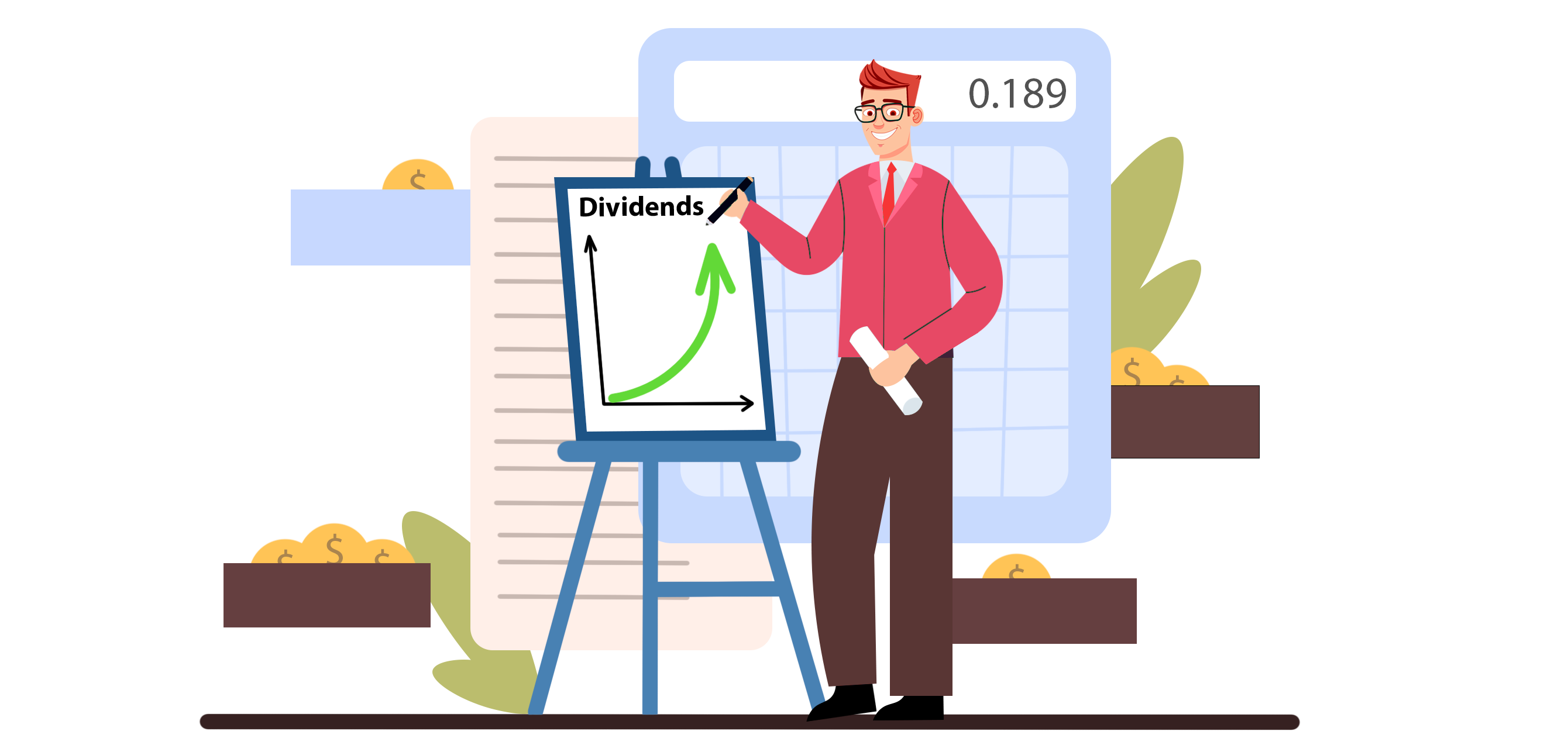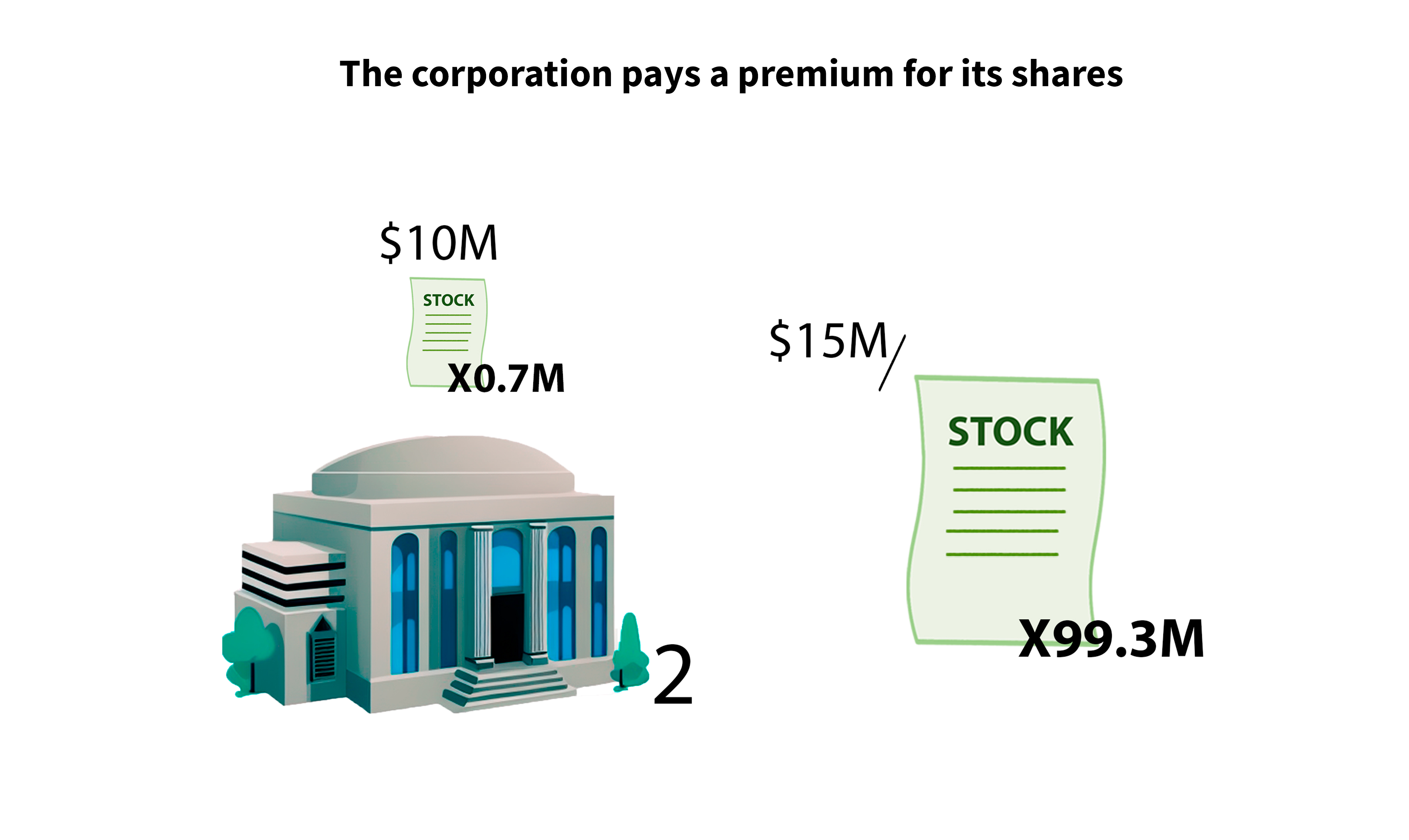
Why do corporations pay dividends to their shareholders?
Companies pay dividends to thank their investors for supporting the company and to encourage more people to invest. When a company makes money, it can either save it for later or share it with its investors. By sharing the money, called a dividend, the company can keep people investing for a long time. This can also show that the company is doing well and is being smart with its money. Companies that share dividends are usually seen as doing well, which makes them more attractive to new investors. Overall, paying dividends is a way for companies to say thank you to their investors and show that they are doing a good job.
But why do companies pay dividends?

1. Companies give dividends to thank their investors for putting their money into the business. When a company earns a profit, it has a few options on how to use that money. It can reinvest the profits back into the business, pay down debt, or distribute the profits to shareholders in the form of dividends.
Dividends can be used to attract and keep long-term investors seeking consistent returns. By paying dividends, companies show that they value their shareholders and are committed to providing them with a portion of the profits they generate.
To reward their shareholders, some corporations have lately upped their dividend payments. For example, Apple announced in April 2021 that its dividend will be increased by 7% to $0.22 per share. Since 2012, the company has increased its dividend every year, which has helped to attract long-term investors looking for consistent profits.
Another example is Microsoft, which announced in September 2021 that it will increase its dividend by 11% to $0.62 per share. Over the last decade, the company has also steadily increased its dividend, which has served to reward its loyal shareholders.
2. Companies that give dividends may attract investors who want a reliable source of income, especially during uncertain market conditions. Dividends can be a sign of financial stability and can make a company seem more dependable, which can be appealing to investors who want lower-risk investments.
For instance, during the pandemic, many investors turned to stocks that give dividends as a safer option. Corporations such as Johnson & Johnson, Coca-Cola, and Procter & Gamble, which have a long history of paying dividends, gained new investors during this time.
Pfizer, another example, increased its dividend by 2% in December 2020, which may interest people who want to earn money regularly since the company has been giving dividends for a while.
3. To Signal Confidence. When a company pays a dividend, it can be seen as a signal of confidence in the company's financial position. If a company always gives dividends, it might seem like it's good at handling money and running things well.
In addition, companies that pay dividends may be more disciplined with their capital allocation. A corporation may be less motivated to engage in hazardous investments or acquisitions that could threaten its financial situation if it commits to paying a dividend.
Companies that continue to pay dividends during times of economic uncertainty can signal confidence in their financial position. For example, in March 2020, during the early stages of the pandemic, Bank of America announced that it will maintain its dividend at $0.18 per share, despite concerns about the impact of the pandemic on the banking sector. This decision helped to reassure investors that the bank was well-positioned to weather the storm.
Another example is Coca-Cola, which maintained its dividend during the pandemic, despite a decline in revenue. The company's decision to continue paying its dividend signaled confidence in its financial position and its ability to bounce back from the pandemic-related challenges.
Overall, companies pay dividends for a variety of reasons, and each company's decision to pay a dividend is based on a number of factors, including its financial position, growth prospects, and investor preferences. As an investor, it's important to understand these factors and consider them when making investment decisions.



